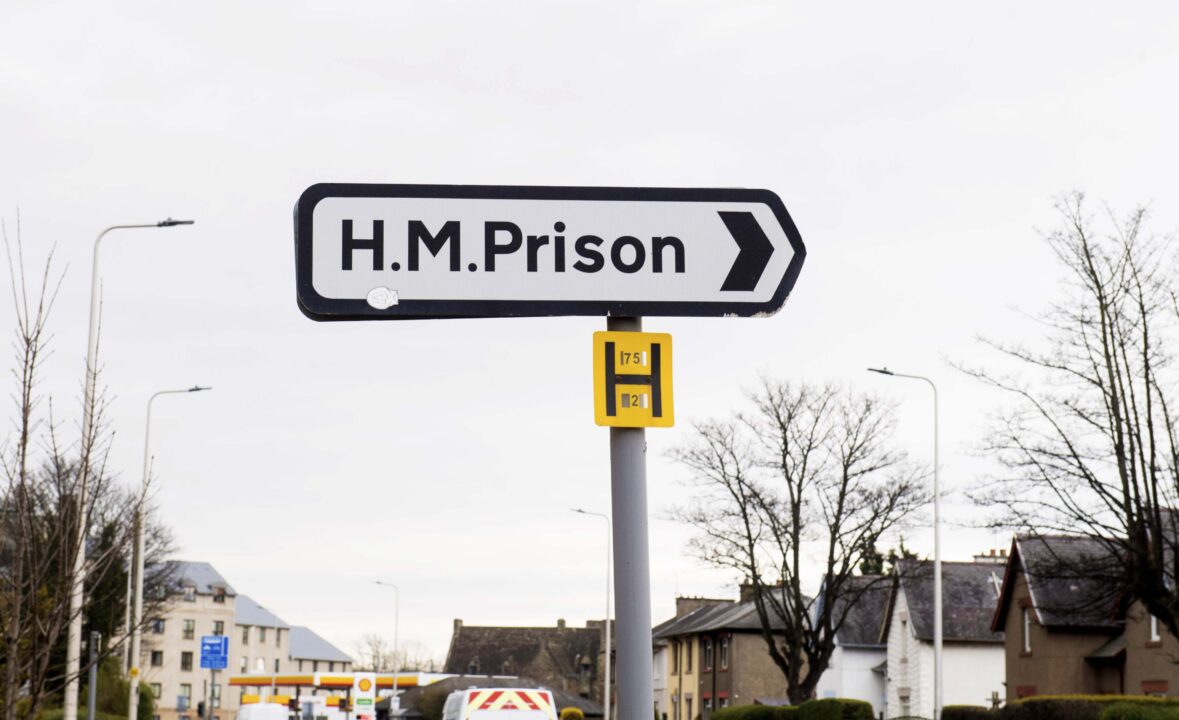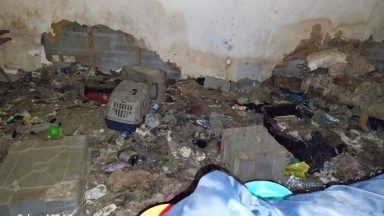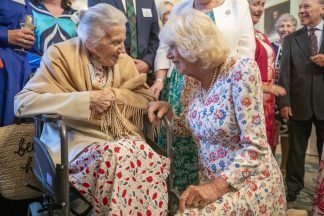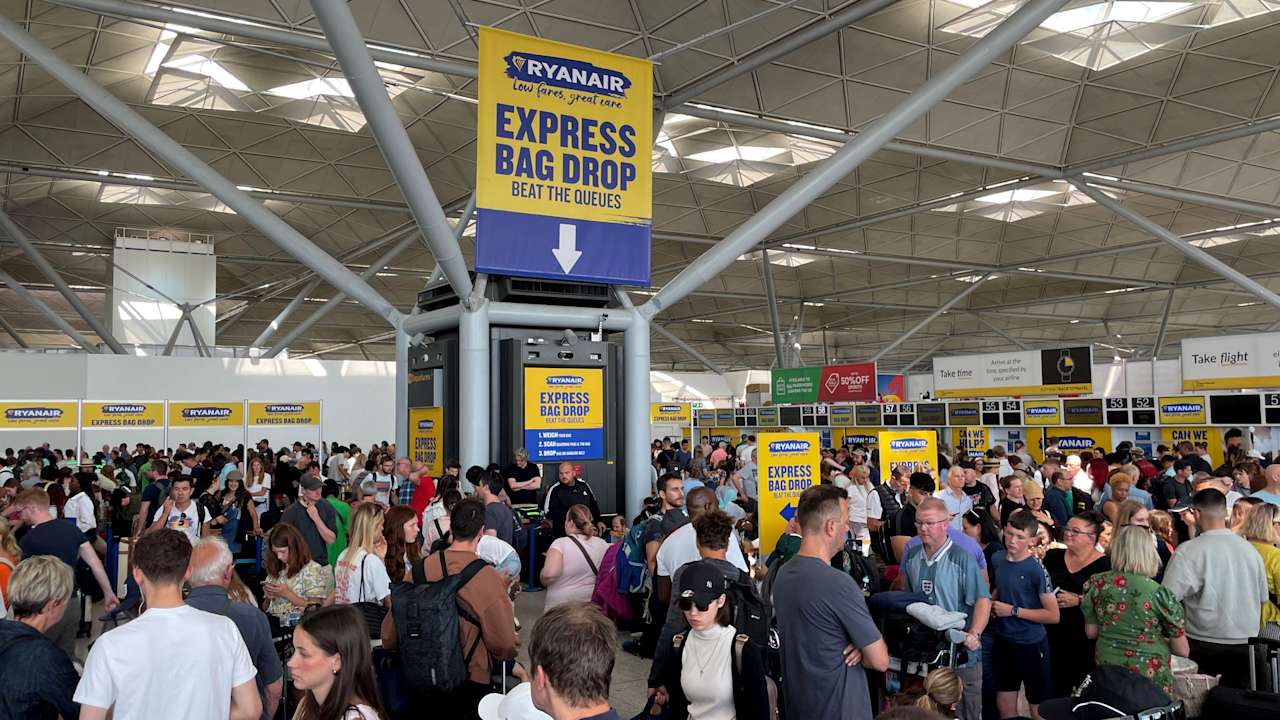Prison inspectors said it is “disappointing” a Scottish jail has failed to implement a national anti-bullying strategy, despite a recommendation in 2020 to do so.
The Scottish Prison Service (SPS) has a national policy for such initiatives, but HM Inspectorate of Prisons for Scotland (HMIPS) said there is “no evidence of any anti-bullying strategy” in Edinburgh Prison.
An HMIPS report on the jail following an inspection in November revealed 31% of prisoners questioned said they had been “abused, bullied, threatened or assaulted by other prisoners”.
As such, inspectors voiced disappointment that the jail had not taken steps to implement a recommendation from its previous inspection in 2020 to set up the Think Twice strategy put in place by the SPS.
The latest report said the way HMP Edinburgh staff deal with the perpetrators and victims of bullying “could be described as ad hoc”, noting “more experienced staff dealt with bullying or intimidation when observed, but this could not be said for less experienced staff”.
HMIPS has now recommended the prison “should ensure there is an anti-bullying strategy in place that meets the aims of the SPS anti-bullying policy”.
That is amongst 112 recommendations for change in the report for both the prison and SPS bosses to consider.
Overall, the inspectors found: “Three standards were assessed as satisfactory and six as generally acceptable, indicating considerable room for improvement.”
HMIPS said senior management at the jail are “faced with some difficult and long-standing challenges in allowing the prison to recover from its very restricted Covid-19 regime”.
It highlighted “high staff vacancies and staff absences” at the prison, with the report going on to note “explicit concerns about activity, time out of cell and the need for tighter assurance on use of force”.
The inspectors also recommended SPS stops the use of some single cells in the Glenesk wing to accommodate two prisoners, saying these “do not meet minimum space standards”.
The report also complained of “unacceptable” levels of graffiti in the Glenesk wing, and noted problems with ventilation in some cells and that “most cells in one landing had no toilet seats”, adding: “It was hard to understand why the prison would think it acceptable for prisoners to have to use toilets without toilet seats.”
Inspectors went on to highlight the lack of activities in the evening as a “source of grave concern”.
The majority of inmates are “locked in their cells from 4.30pm onwards, exactly as they were during the Covid-19 pandemic”, the report said.
It said this “unhappy position” is because there are not enough staff available “to run an adequate evening regime”, with the report stating: “There was almost a defeatist attitude amongst staff about the prospects of ever being in a position to improve this situation.”
Inspectors said staffing shortages in the evening seem to “be intrinsically linked to the shift pattern”, but added the arrival of new prison governor Fiona Cruickshanks “provides an opportunity to shift that dynamic”.
The prison also has a “shortfall” in the number of staff whose training in control and restraint is up to date, the inspectors found, saying addressing this should be a “priority”.
An SPS spokesperson said “work is under way to address many of the points raised in the report”, adding the organisation has “already seen a significant increase in the number of staff updating their training of control and restraint techniques”.
They added: “HMP Edinburgh is currently undergoing a review to maximise attendance at purposeful activity and an increased number of evening activities are also now being offered to those in our care.
“We welcome the chief inspector’s report, which found HMP Edinburgh is a safe and stable prison and highlights many areas of good practice, including support for veterans, extending the use of the life-saving drug Naloxone, ADHD clinics, and liberation packs to help people when they return to their communities.”
Follow STV News on WhatsApp
Scan the QR code on your mobile device for all the latest news from around the country


 SNS Group
SNS Group




















